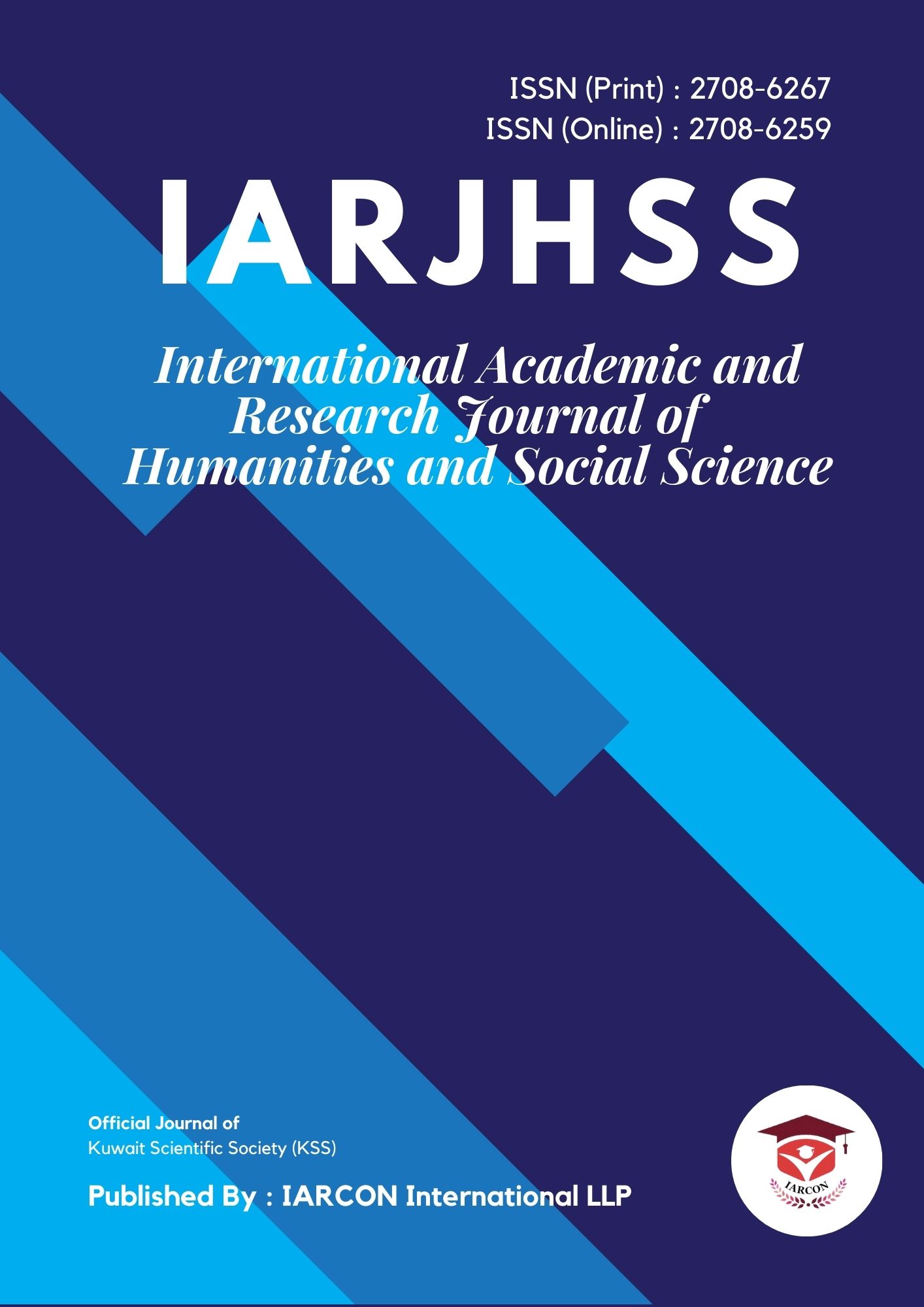APA
Ralte, R. V. (2022). Role of Parents, Family & Primary Learning Centres in Childcare and Protection: A Study with Special Reference to Mizoram, India. IAR Journal of Humanities and Social Science, 3(1), None-None.
MLA
Ralte, Rosie V.. "Role of Parents, Family & Primary Learning Centres in Childcare and Protection: A Study with Special Reference to Mizoram, India." IAR Journal of Humanities and Social Science 3.1 (2022): None-None.
Chicago
Ralte, Rosie V.. "Role of Parents, Family & Primary Learning Centres in Childcare and Protection: A Study with Special Reference to Mizoram, India." IAR Journal of Humanities and Social Science 3, no. 1 (2022): None-None.
Harvard
Ralte, R. V. (2022) 'Role of Parents, Family & Primary Learning Centres in Childcare and Protection: A Study with Special Reference to Mizoram, India' IAR Journal of Humanities and Social Science 3(1), pp. None-None.
Vancouver
Ralte RV. Role of Parents, Family & Primary Learning Centres in Childcare and Protection: A Study with Special Reference to Mizoram, India. IAR Journal of Humanities and Social Science. 2022 Jan;3(1):None-None.

